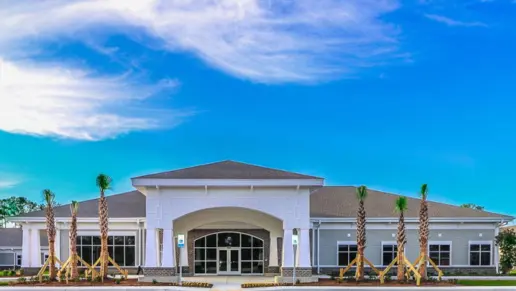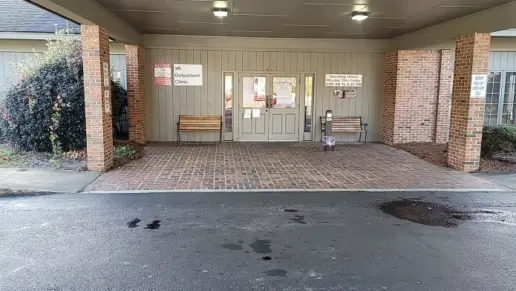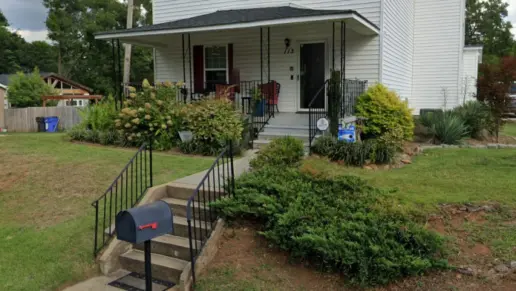Dr. Turner is awesome. All of the staff was very helpful, but Dr. Turner really helped my family member. She was off for a few days while my family was there, and it wasn't until she returned and dug into my family members' care that I saw an improvement. Two to three days a ...
About Marshall Pickens Hospital – Greenville Memorial
Prisma Health’s Marshall I. Pickens Hospital is in Greenville, South Carolina. It provides behavioral health care services for minors and adults. They provide age-specific inpatient treatment, partial hospitalization and general outpatient programs, and aftercare services. There’s specialized support for women, seniors, and those with co-occurring addictions and mental health disorders.
Their inpatient program provides 24-hour care for clients who require the most intensive level of support and supervision. A multi-disciplinary team of providers oversees every aspect of care, performing assessments and managing medication to optimize your comfort. You’ll get an individualized treatment plan, which may include individual, family, and group counseling sessions.
You can transition into outpatient care once they complete their inpatient treatment or enter the program directly. These services help clients take a deeper look at the root issues affecting and contributing to their condition, including any triggers and co-occurring disorders. Varying levels of care are available that vary in intensity and frequency of visits. These include individual, group, and family counseling, medication management, addiction education, and life skills training. You can also attend programs that focus on subjects such as managing anger, stress, and transitions. Their aftercare program includes referrals to outside specialists who can offer continued support after discharge.
They work with most commercial insurance providers. They also accept Medicare and Medicaid. Confirm your coverage with your individual provider as out of network benefits may vary.
Facility Overview
Latest Reviews
Rehab Score
Gallery
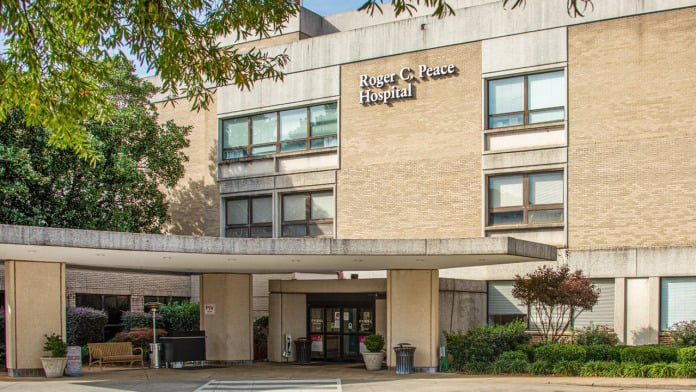
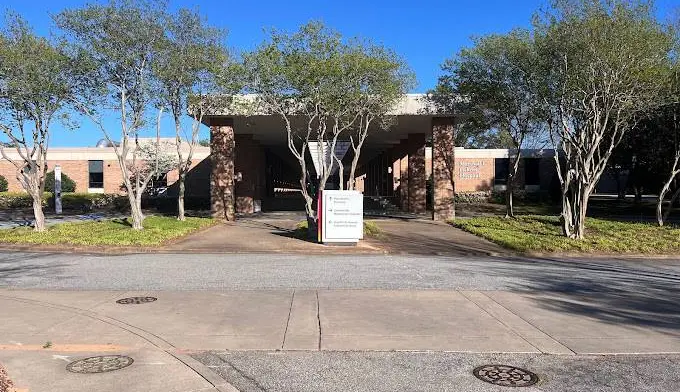
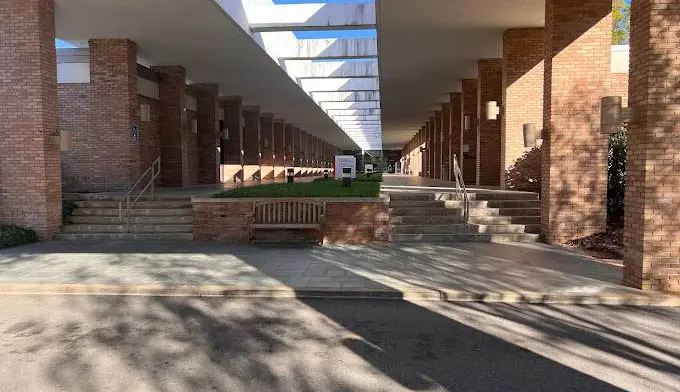
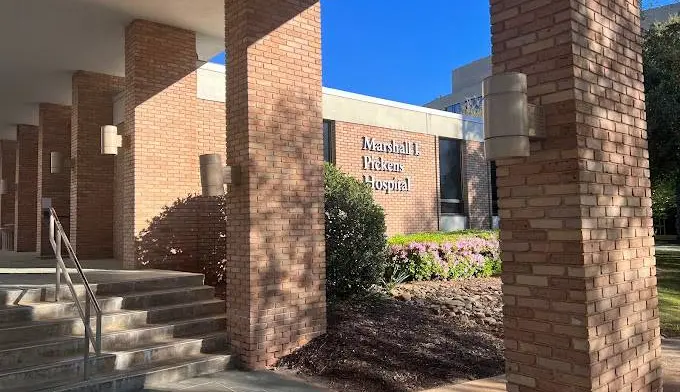
Location
Other Forms of Payment
Self-pay involves paying for treatment out of your own pocket. You can use savings or credit, get a personal loan, or receive help from family and friends to fund your treatment. If you don't have insurance or your insurance plan doesn't cover a specific program, self-pay can help ensure you still get the care you need.
Medicare is a federal program that provides health insurance for those 65 and older. It also serves people under 65 with chronic and disabling health challenges. To use Medicare for addiction treatment you need to find a program that accepts Medicare and is in network with your plan. Out of pocket costs and preauthorization requirements vary, so always check with your provider.
Medicaid is a state based program that helps lower-income individuals and families pay for healthcare. Medicaid covers addiction treatment so those enrolled can use their coverage to pay for rehab. When a program accepts Medicaid the client often pays very little or nothing out of their own pocket.
Private insurance refers to any kind of healthcare coverage that isn't from the state or federal government. This includes individual and family plans offered by an employer or purchased from the Insurance Marketplace. Every plan will have different requirements and out of pocket costs so be sure to get the full details before you start treatment.
Financial aid can take many forms. Centers may have grants or scholarships available to clients who meet eligibility requirements. Programs that receive SAMHSA grants may have financial aid available for those who need treatment as well. Grants and scholarships can help you pai for treatment without having to repay.
Sliding scale payments are based on a client's income and family size. The goal is to make treatment affordable to everyone. By taking these factors into account, addiction recovery care providers help ensure that your treatment does not become a financial burden to you or your family, eliminating one barrier to care.
Military members, veterans, and eligible dependents have access to specific insurance programs that help them get the care they need. TRICARE and VA insurance can help you access low cost or no cost addiction and mental health treatment. Programs that accept military insurance often have targeted treatment focused on the unique challenges military members, veterans, and their families face.
Addiction Treatments
Levels of Care
Treatments
Many of those suffering from addiction also suffer from mental or emotional illnesses like schizophrenia, bipolar disorder, depression, or anxiety disorders. Rehab and other substance abuse facilities treating those with a dual diagnosis or co-occurring disorder administer psychiatric treatment to address the person's mental health issue in addition to drug and alcohol rehabilitation.
Mental health rehabs focus on helping individuals recover from mental illnesses like bipolar disorder, clinical depression, anxiety disorders, schizophrenia, and more. Mental health professionals at these facilities are trained to understand and treat mental health issues, both in individual and group settings.
Programs




Clinical Services
Cognitive Behavioral Therapy (CBT) is a therapy modality that focuses on the relationship between one's thoughts, feelings, and behaviors. It is used to establish and allow for healthy responses to thoughts and feelings (instead of unhealthy responses, like using drugs or alcohol). CBT has been proven effective for recovering addicts of all kinds, and is used to strengthen a patient's own self-awareness and ability to self-regulate. CBT allows individuals to monitor their own emotional state, become more adept at communicating with others, and manage stress without needing to engage in substance abuse.
Amenities
-
Residential Setting
-
Private Rooms
Staff
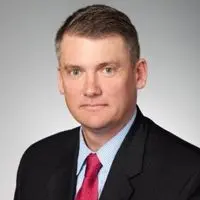
CEO

EVP & Chief HR & Diversity Officer
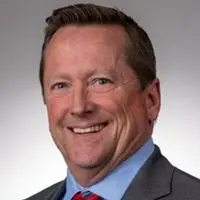
VP, Financial Planning & Business Intelligence

VP, Accountable Communities
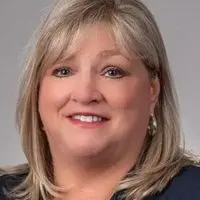

Senior VP, Value Based Care & Clinical Integration
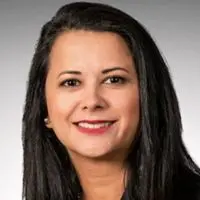
Chief Nursing Officer, Patewood Hospital
Contact Information
701 Grove Road
Greenville SC, 29605
